Salma Hayek: Hot Mama!
They say motherhood mellows you. But Salma Hayek, pregnant with her first child, still has a fiery opinion on everything from the Catholic Church to domestic violence. We say, bring it on . . .
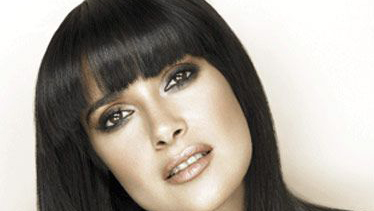
Sitting in the lounge of Hollywood's Chateau Marmont with Salma Hayek, something seems amiss. She's "under the weather," she tells me (she'd said the same thing 10 days earlier at the cover shoot). Yet her curvy figure is flush with life. Her cheeks are rosy. The only thing subpar is her appetite. Later, I suss out why: Hayek is pregnant with her first child. The lucky father? François-Henri Pinault, CEO of PPR Group, the world's third-largest luxury-goods conglomerate. Now the two are engaged. The day we meet, Hayek, in a turquoise sundress, settles into a plush couch and tucks her feet beneath her. Although she's yet to formally announce it, marriage and motherhood are clearly on her mind.
MC: You turned 40 this year. Has your family been pressuring you to have kids?
SH: No, no. They learned long ago how to shut up and leave me alone. I think it's terrible women are put in that position. Motherhood is not for everyone-it is for me, but there's no reason women should feel rushed to have a child. I don't know if you've noticed, but society thinks if you don't have children, you've failed as a woman, even if you are CEO of a company. You've got to be beautiful, smart, skinny, tall, rich, successful at your job, married to the right guy-and have genius children. And by the way, you also have to be a nun! If we can find one mistake in the whole thing, you've failed. And if you accomplish it, God help you, because they'll never forgive you. They'll only let you get so far.
MC: You've gotten pretty far-your show, Ugly Betty, recently won a Golden Globe. What's it like being female in Hollywood's boys club?
SH: Everybody thinks I've got a new job, but I've been trying to get shows on the air for years. I've sold scripts, but this is the first one to make it all the way. The secret is never giving up. Like with Frida, I took two years off; I risked everything. I thought, Maybe this doesn't get done, your career goes down the drain, and you lose your money trying to produce it. But I took the chance. I did the same thing in Mexico. I was huge in Mexico-soap operas are huge, and mine was very successful. I left the money, security, and fame to come to Hollywood and work as an extra. In order to change, you have to be willing to give up who you are.
MC: Did you always want to be an actress?
SH: When I was really young, yes-then I totally didn't. I went to college for political science. I wanted to be president of Mexico.
MC: There's still time . . .
SH:: Yeah, but now I wouldn't want to.
MC: Your parents sent you to Catholic boarding school. Somehow, I can't picture you in a place like that.
SH: Well, at the time I was quite devoted. I went to church every day-it was not mandatory, but I went anyway. I was very Catholic. I'm very not right now.
MC: Why?
SH: The minute I started thinking it through, I realized all religions are a form of manipulation. And I started having problems with certain beliefs-like in Africa, where people are dying of AIDS and overpopulation, the Catholic Church is going over to convert them and take away the condoms! And I said, wait a minute . . .
Stay In The Know
Get exclusive access to fashion and beauty trends, hot-off-the-press celebrity news, and more.
MC: So-
SH: So I don't believe in the institution. I still believe in Jesus Christ. I believe in God. Also, I don't like the way the Bible views women-this thing about the Virgin Mary conceiving a child without having sex-so if you conceive a child by having sex, there's a subliminal message that there's something dirty about it. And this is what makes us divine-I mean, the possibility of creating another life should remind women that we are creators, that we are made like God in our ability. There is nothing greater than to create another human being.
MC: So it's a contradiction?
SH: Look at our bodies! If there's something that should make women feel like goddesses, it should be our bodies, and instead it's the one thing that makes us feel unworthy. Insecure. Obsessed. Dirty. Explain this to me.

MC: Are you ever insecure about your body?
SH: Of course. Especially when I have to appear somewhere in public, and there are cameras and all these eyes. The stress is sensational. Some-times I don't like the dress-the way it fits, the way I look. And there are a million people looking at me, telling me to smile, and I don't feel like smiling. But then, you have to keep everything in perspective: It's a dress, hair, makeup-c'mon, let's go! We have to stop this obsession that starts when we're teenagers: "Am I pretty enough?"
MC: I can't believe you thought that.
SH: Absolutely I did, at a certain age. Because if John Smith doesn't like me, I must be shit. If you are a brunette and he picks a blonde, for the rest of your life, every time you see a blonde, you think she's prettier than you. You start programming yourself at that age. What happens to you at 12, 13, 14 marks you, and you don't even realize it.
MC: Why do women focus on what's wrong with them instead of what's right?
SH: We get so obsessed with the idea of happiness that comes only in this one box. Happiness slaps you in the face a thousand times and you never notice it because you are so fixated on the box.
MC: Men don't seem to have that problem.
SH: Men have been running the world and-I'm sorry-but they have not taken us to a good place. We are in crisis. And I'd like to know something: What would happen if women were in power? What decisions would we make? If women are going to have the self-respect they need to go out and make a change in society, it has to start with how they're treated in their homes.
MC: Which brings us to domestic violence, an issue you care deeply about. Do we have an oversimplified view of it?
SH: Sometimes. I remember, as a child in Mexico, walking down the street with my family and coming upon a man who was beating a woman. My father went to break it up. But instead of being grateful, she turned and started beating him up for defending her! Some people might say, "Well, then it's her fault." But it made me realize she needed much more help than someone breaking up a fight.
MC: What's the biggest reason women won't leave an abusive relationship?
SH: By the time a woman starts getting physically abused, she's already cut off any support system around her. She's lost her friends, she's alone. And if she's an immigrant, she's afraid she'll be deported and lose her kids.
MC: Have you ever been in an abusive relationship?
SH: All of us have been made to feel worthless, emotionally or intellectually. Every single one of us has been there.
MC: Hollywood shapes our ideas about how women should be treated. When you first got to L.A., what did you think about the roles being offered to you?
SH: I thought I was coming to this amazing place, where projects would just fall out of the trees. I was quite shocked to read the scripts being made.
MC: Were you typecast in certain roles because you're Mexican?
SH: Yes, but I was also lucky. I started out in Hollywood at the same time as Jennifer Lopez. Before us, Latinas only had roles that were part of the backdrop, as the maid or the prostitute. We changed that. Of course, you're always looking for those Meryl Streep parts, but I am grateful for the things I did. Look at where we are now: sixteen Oscar nominations for films by Mexican directors this year [and four wins].
MC: Adversity seems to only make you stronger. What's something you've recently overcome?
SH: I quit smoking three weeks ago. I used to have a terrible judgment of smokers. I was like, Why do they do this? It tastes bad, it's going to kill them, and it doesn't even get them high. It's the shittiest vice you could possibly pick. Then I got hooked during Frida. I've tried to quit before. But this time I'm done with it. I've changed. I know I can do it. I've reinvented myself a thousand times-it keeps me from getting bored of myself.
Join SALMA and MARIE CLAIRE in the fight to end domestic violence
For the past year, Marie Claire has been co-chair of the National Domestic Violence Summit, a gathering of leaders in fields ranging from entertainment to business, which seeks to create a 10-year plan to reduce violence against women. Together with Salma Hayek, an honoree of the Summit, we urge you to help end domestic violence. Go to ndvh.org for ways to take action in your community.
-
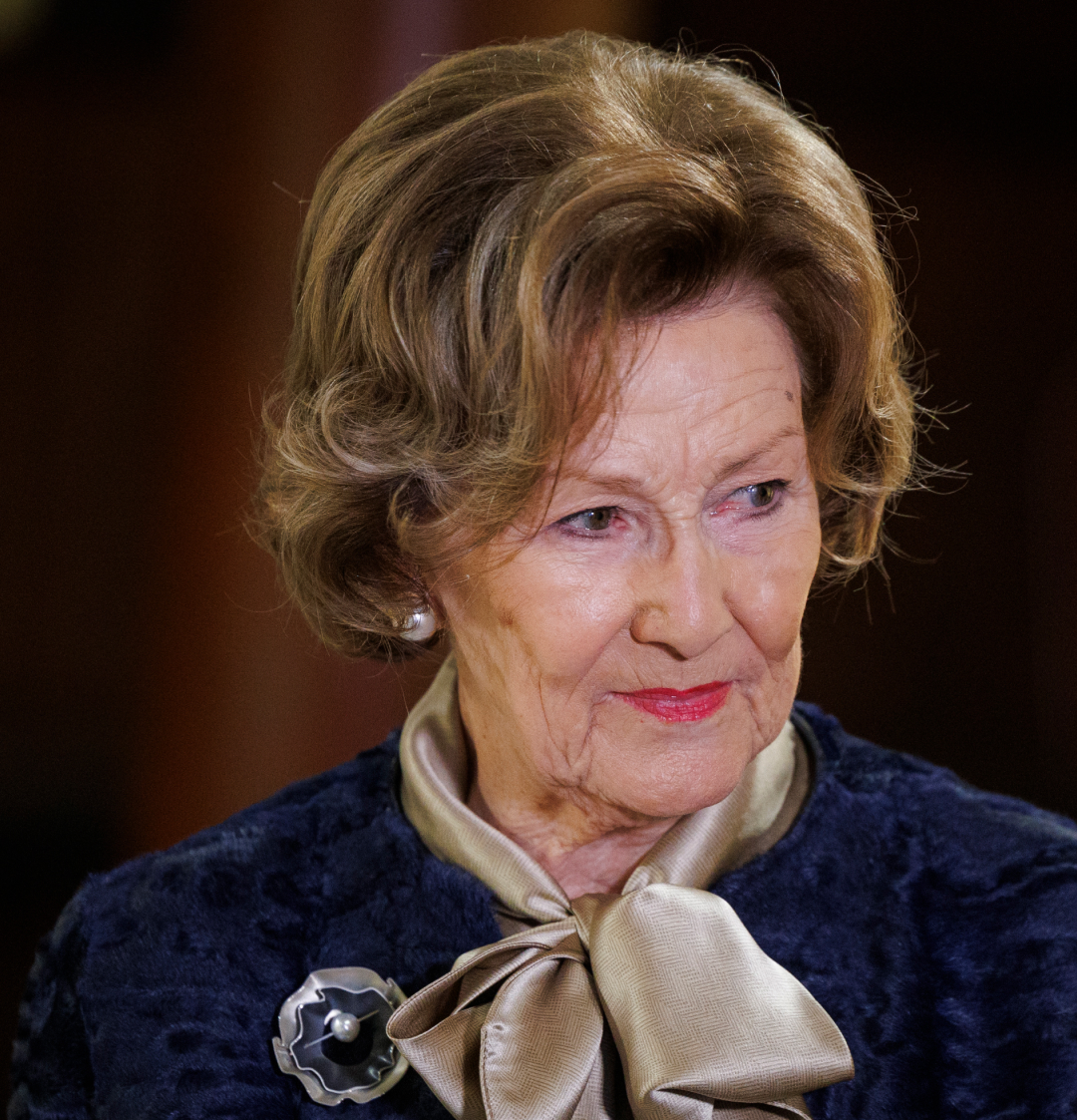 The Queen of Norway Was Air Lifted to Oslo Hospital After "Breathing Difficulties"
The Queen of Norway Was Air Lifted to Oslo Hospital After "Breathing Difficulties"The Norwegian royal has been forced to cancel her duties this week.
By Kristin Contino
-
 Two Weeks Into Dog Parenthood, Sydney Sweeney's Dressing the Part
Two Weeks Into Dog Parenthood, Sydney Sweeney's Dressing the PartDenim shorts on deck.
By Kelsey Stiegman
-
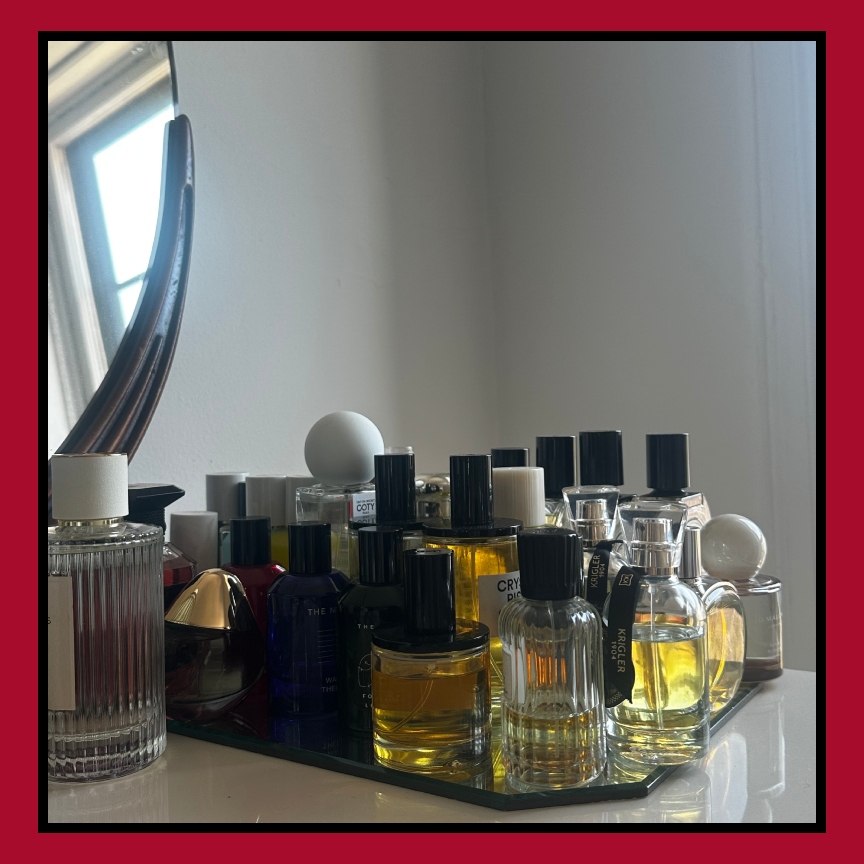 I Just Want to Smell Like I’m Drinking Bubbly on a Yacht This Summer
I Just Want to Smell Like I’m Drinking Bubbly on a Yacht This SummerThe best perfumes of the season, according to our Beauty Director.
By Hannah Baxter
-
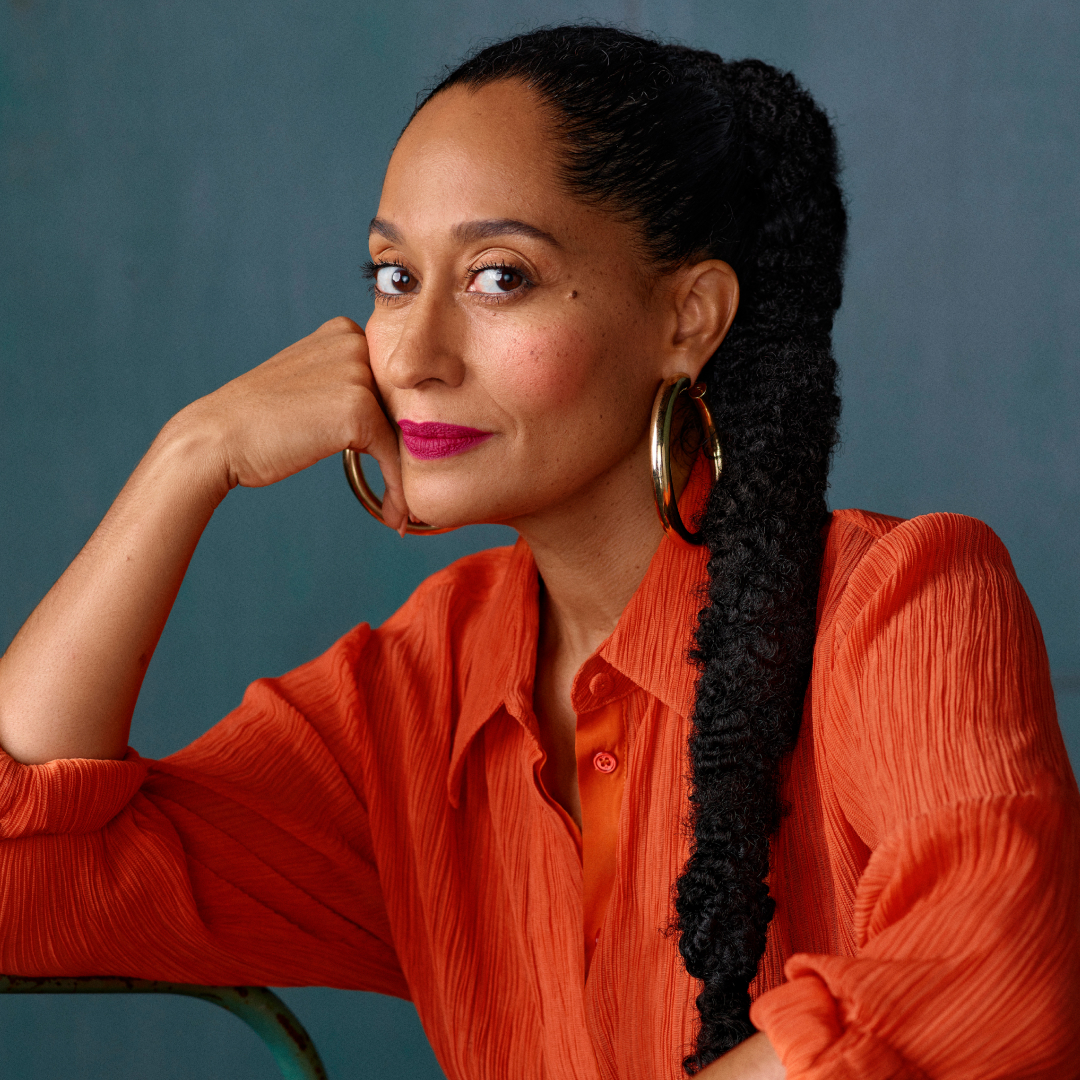 Tracee Ellis Ross Reflects on "Grief" Over Not Marrying or Having Kids, and Reveals Why She Prefers Dating Younger Men
Tracee Ellis Ross Reflects on "Grief" Over Not Marrying or Having Kids, and Reveals Why She Prefers Dating Younger Men"I grieve the things that I thought would be and that are not."
By Amy Mackelden
-
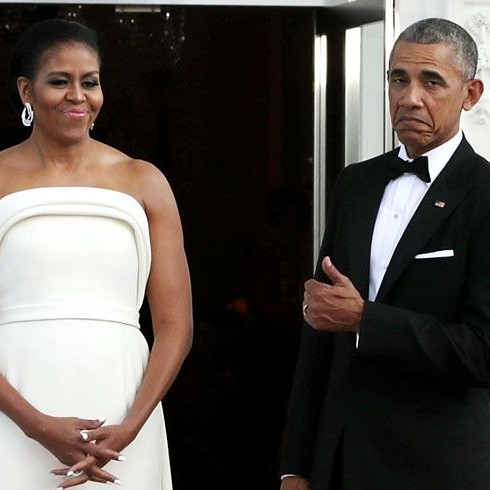 Barack Obama Says He's "Been Trying to Dig" Himself Out of a "Deep Deficit" With Michelle Obama Since They Left the White House
Barack Obama Says He's "Been Trying to Dig" Himself Out of a "Deep Deficit" With Michelle Obama Since They Left the White HouseThe former POTUS revealed how he's attempting to make it up to his wife.
By Amy Mackelden
-
 Robert Pattinson Says His and Suki Waterhouse's Daughter "Doesn't Smell Like Other Babies"
Robert Pattinson Says His and Suki Waterhouse's Daughter "Doesn't Smell Like Other Babies"In true Edward Cullen fashion, Pattinson can identify his baby's "incredible" smell.
By Amy Mackelden
-
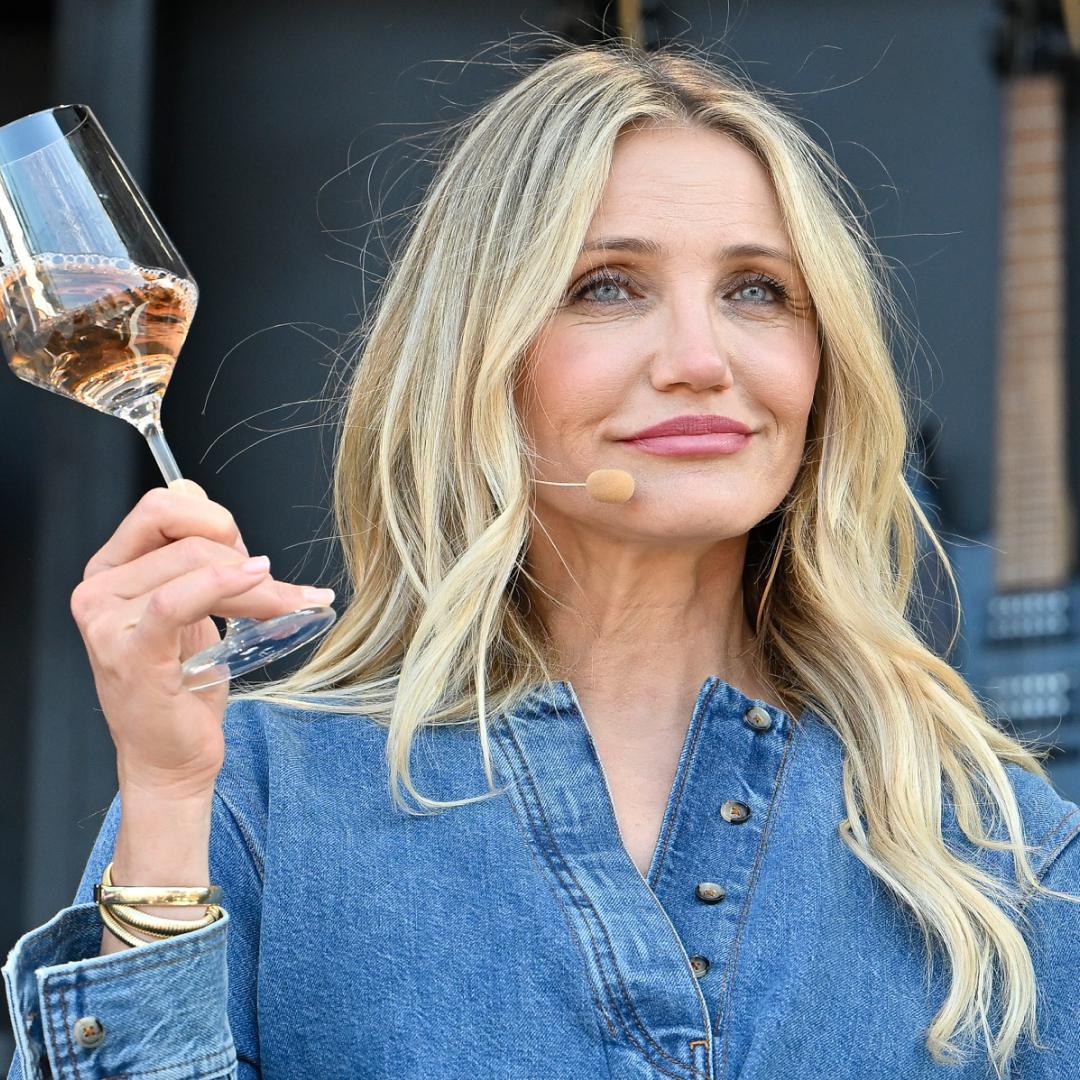 Cameron Diaz Was "Just Trying to Stay Alive…Like Every Other Mother" During 10-Year Hiatus From Acting
Cameron Diaz Was "Just Trying to Stay Alive…Like Every Other Mother" During 10-Year Hiatus From Acting"I was not keeping up with any kind of training...I said no to everything."
By Amy Mackelden
-
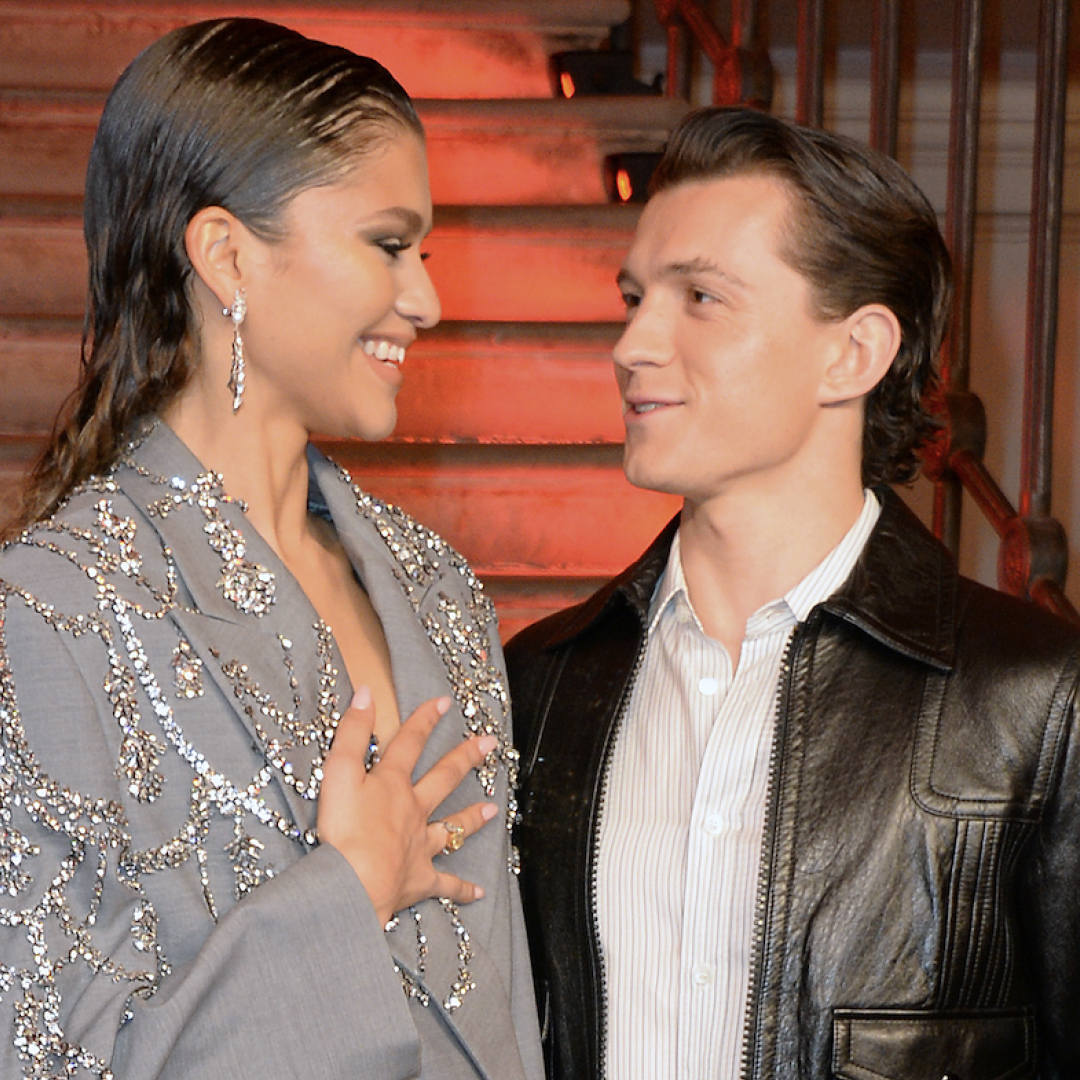 Zendaya Is Engaged to Tom Holland, and She Had the Sweetest Reaction to Engagement Ring Questions at the 2025 Golden Globes
Zendaya Is Engaged to Tom Holland, and She Had the Sweetest Reaction to Engagement Ring Questions at the 2025 Golden GlobesSources have since dished on the "intimate and romantic" proposal.
By Amy Mackelden
-
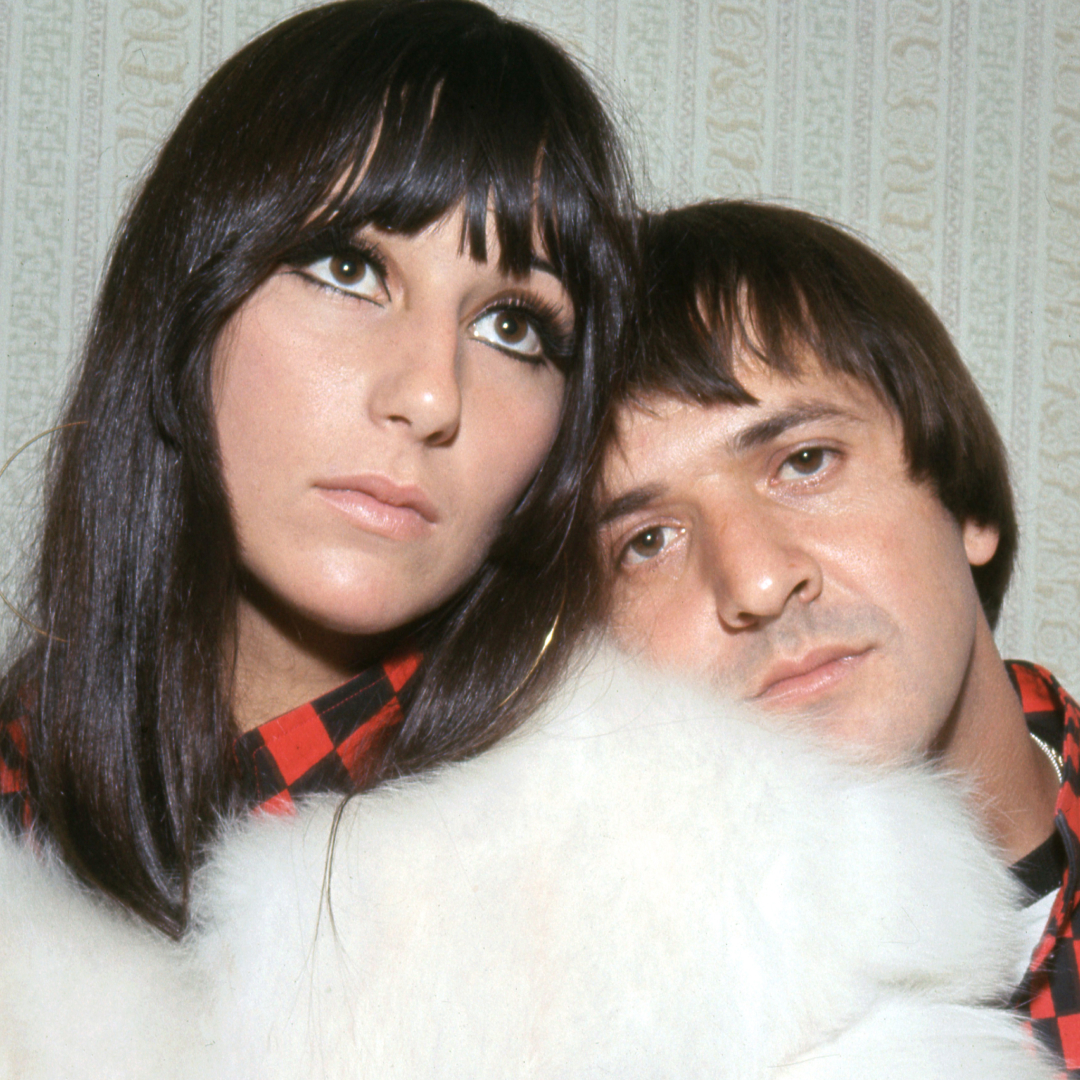 Cher Considered Suicide While Trapped in "Loveless Marriage" With Sonny Bono
Cher Considered Suicide While Trapped in "Loveless Marriage" With Sonny Bono"I saw how easy it would be to step over the edge."
By Amy Mackelden
-
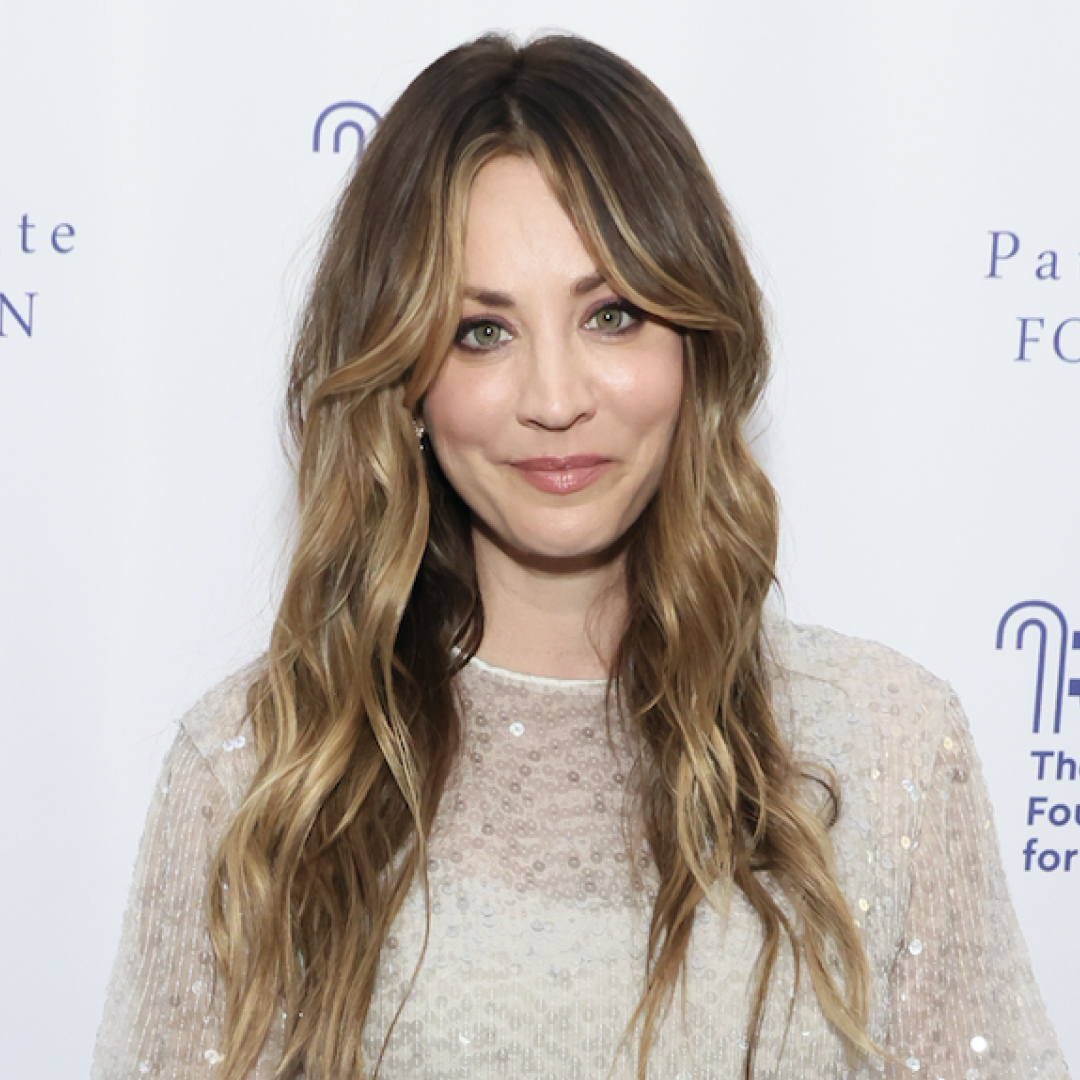 Kaley Cuoco Begs People to "Stop" Mom Shaming, Says Everyone's "Doing the Best They Can"
Kaley Cuoco Begs People to "Stop" Mom Shaming, Says Everyone's "Doing the Best They Can""There's no change before I had kids, to having kids."
By Amy Mackelden
-
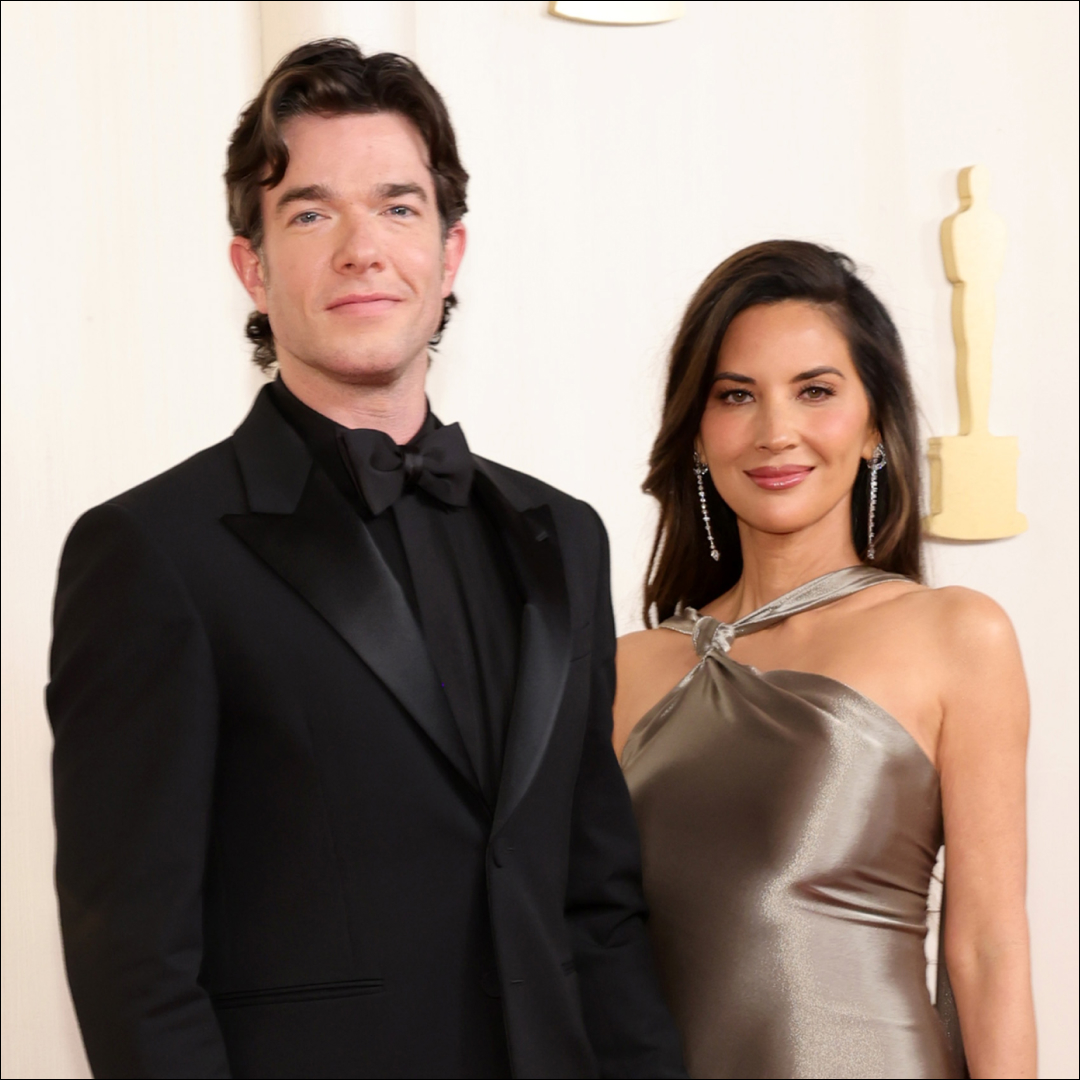 Olivia Munn Reveals She "Barely Knew" John Mulaney When She Became Pregnant
Olivia Munn Reveals She "Barely Knew" John Mulaney When She Became Pregnant"It wasn't anything close to 'dating.'"
By Amy Mackelden